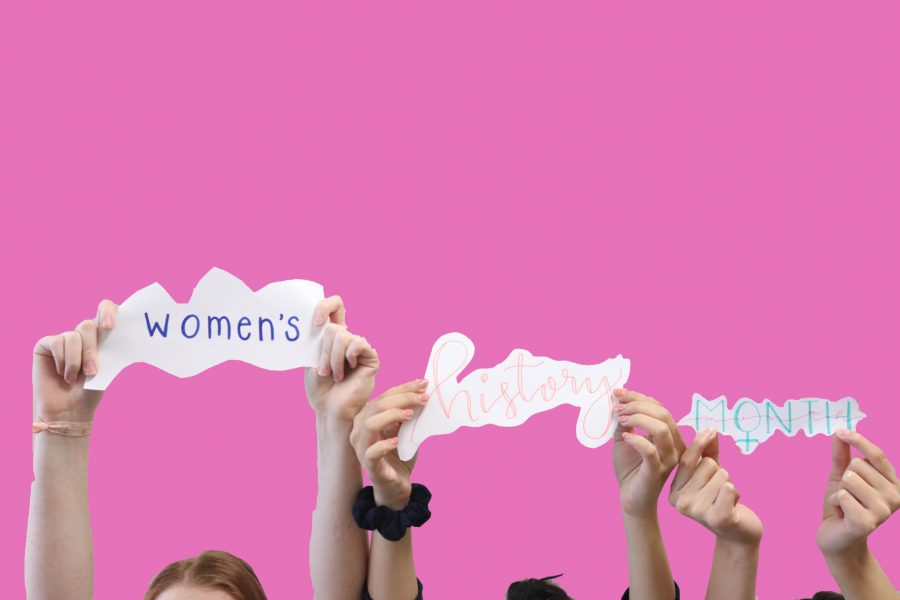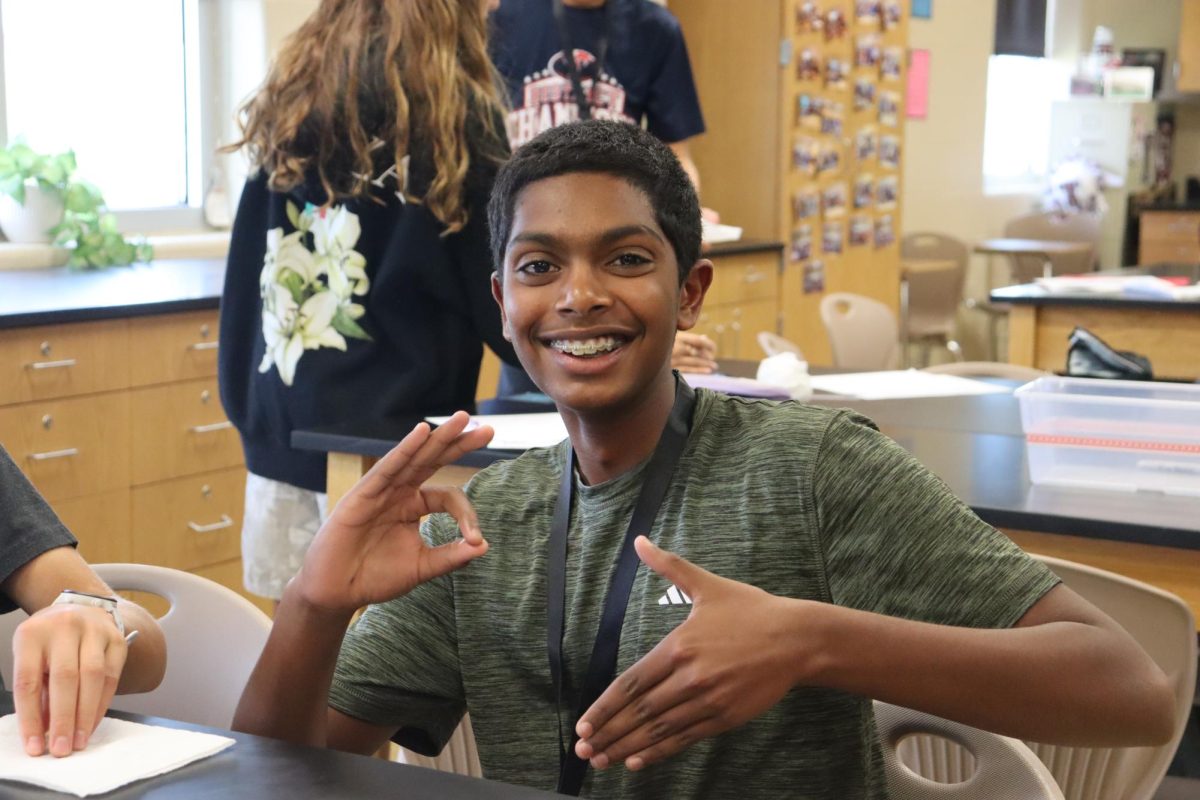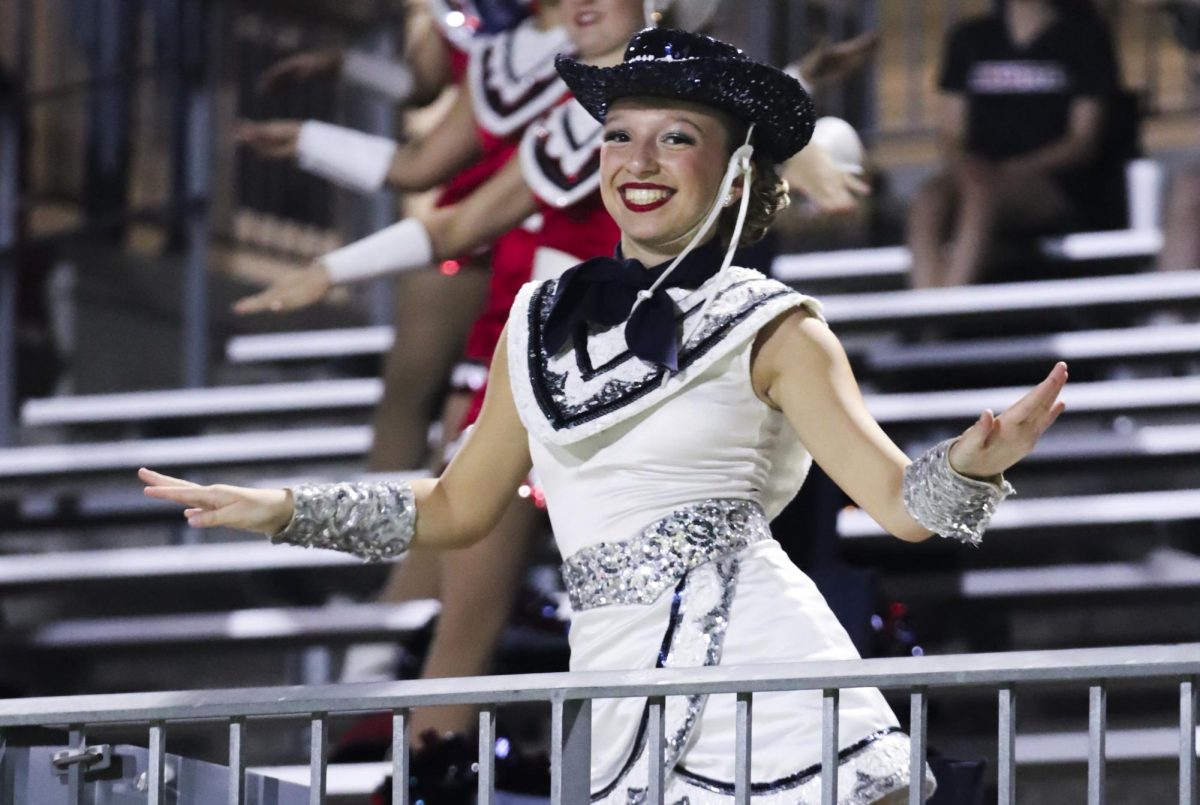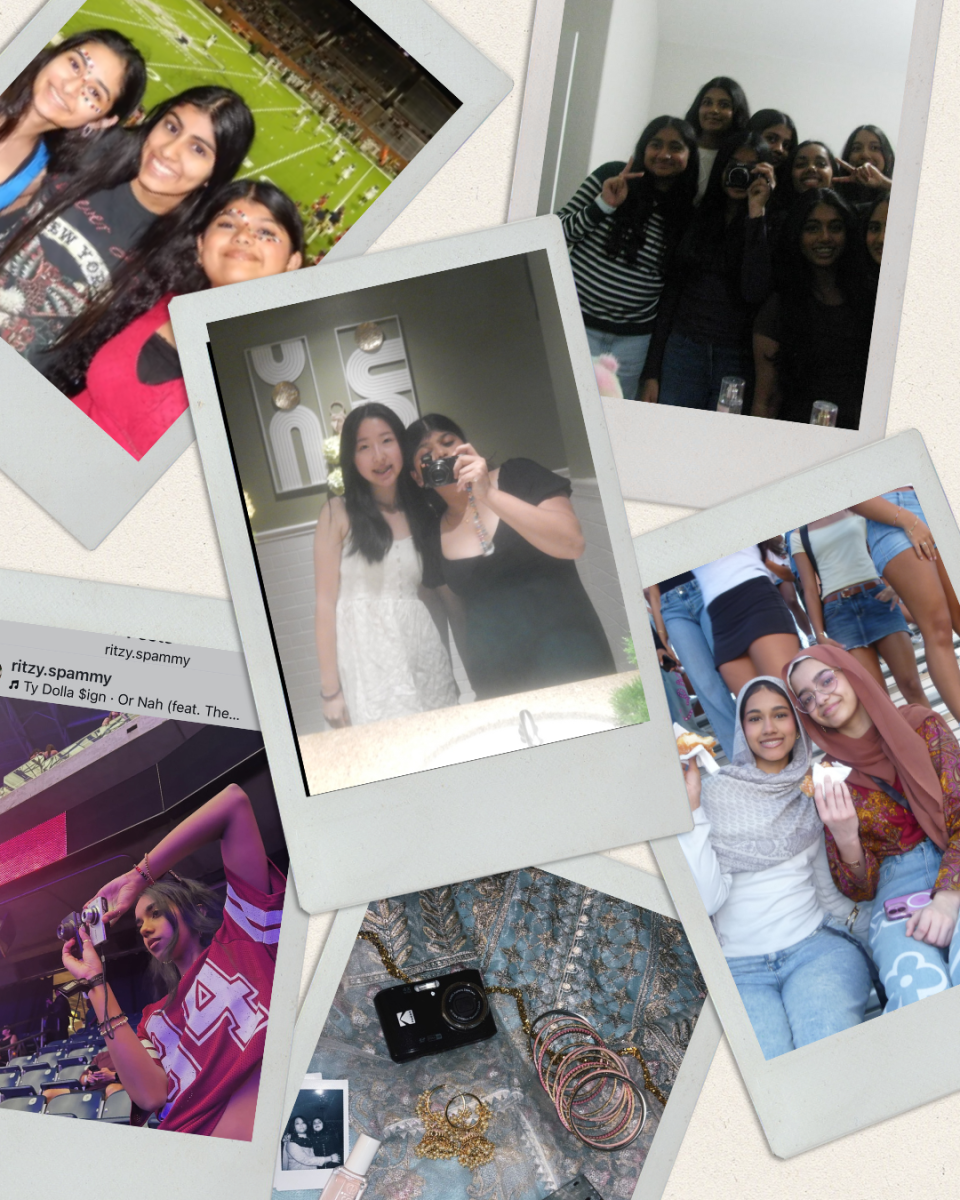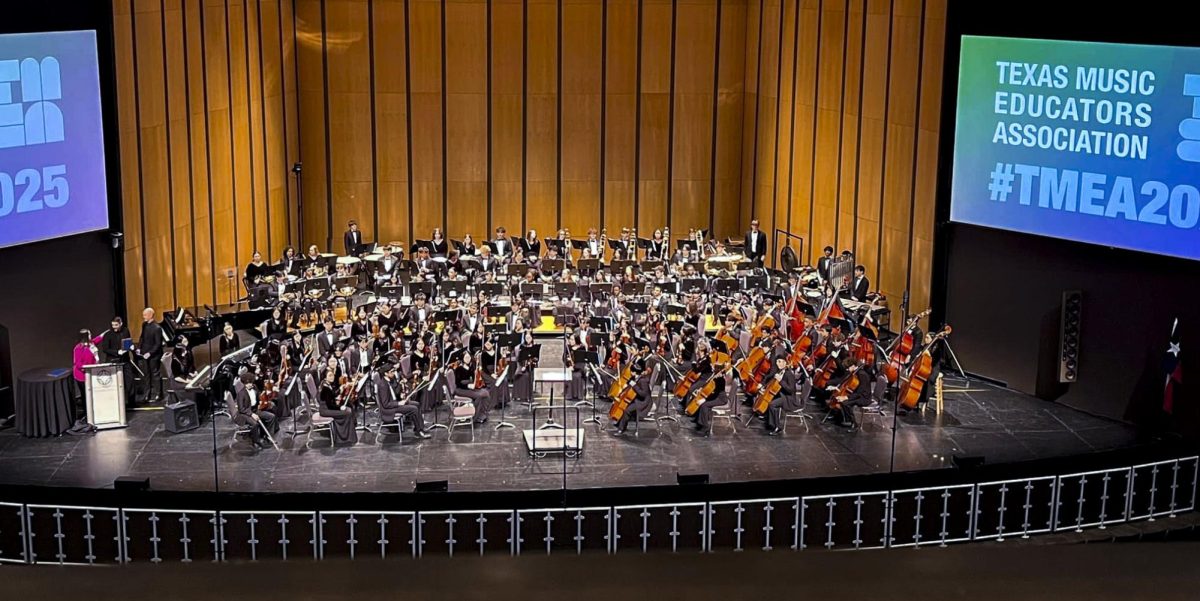As the spring approaches and the days warm up, there are many important events to remember. From St. Patrick’s day to spring break, the month of March has many exciting days. One characteristic that defines this month is the fact that it is Women’s History month. Seniors Ashlyn Gard and Cassidy Hymen are two women who feel passionately about this month and what it stands for.
“Personally I did not realize March was Women’s History month until a few years ago. I feel like it does not get talked about as much as the other things happening in the month and is often overlooked,” said Hymen.
Every year since 1987 women are celebrated throughout the month of March. This means that while there are 31 days for observation, it can be overshadowed by the holidays and vacations that are usually celebrated during this month. It has been more heavily recognized and emphasized in more recent years with the rise in passion for feminism, especially among young adults.
“To me, this month means celebrating what it means to be a woman and accepting what separates us from men. I think feminism is important in our society and this month gives us a chance to celebrate and emphasize it,” said Gard.
Though women are more equal now than they have been previously, there is still work to be done in achieving full equality and Women’s History month gives women and men alike a chance to truly reflect on the treatment of women and their contributions to society.
“The woman I look up to the most is probably Elizabeth Cady Stanton because she fought tirelessly for women’s suffrage. Without her, women would not be in positions of governmental power, let alone have a say in the government they live under. This voice for women is essential and she helped create it,” said Hymen.
Stanton and other suffragette alike took the first leap to equality for women with their efforts to extend voting rights to females. Many other women have followed in their path of fighting for women’s equality such as Malala Yousafzai who bravely battled for women’s right to education and Hillary Clinton who attempted to try to break the norm that a President should be male.

